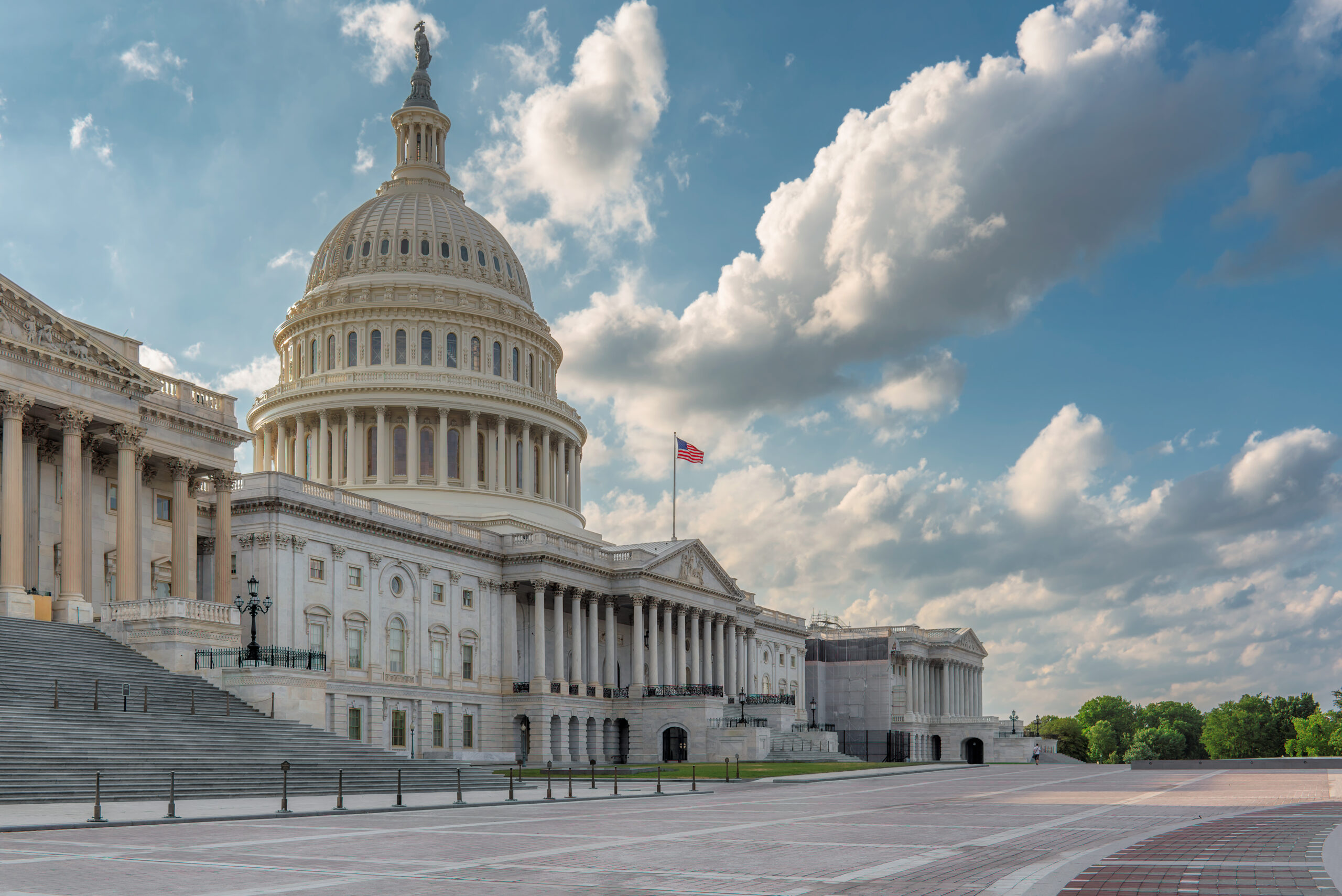
Future of Privacy Forum Launches the FPF Center for Artificial Intelligence
The FPF Center for Artificial Intelligence will serve as a catalyst for AI policy and compliance leadership globally, advancing responsible data and AI practices for public and private stakeholders Today, the Future of Privacy Forum (FPF) launched the FPF Center for Artificial Intelligence, established to better serve policymakers, companies, non-profit organizations, civil society, and academics […]

FPF Statement on the House Energy and Commerce Subcommittee on Innovation, Data and Commerce’s May 23 unanimous House subcommittee vote on the American Privacy Rights Act
Today, the House Energy and Commerce Subcommittee on Innovation, Data and Commerce unanimously passed the revised draft of the American Privacy Rights Act.

Peak Privacy: Vermont’s Summit on Data Privacy
On June 13, 2024, Governor Phil Scott vetoed H. 121. This marked the first governor veto of a comprehensive privacy bill passed by the state legislature. Immediately prior to the close of the state legislative session on May 10, 2024, the Vermont legislature passed H. 121, “An act relating to enhancing consumer privacy and the […]

The North Star State Joins the State Privacy Law Constellation
On May 19, 2024, the Minnesota Legislature passed HF 4757, an omnibus budget bill that includes the Minnesota Consumer Data Privacy Act (MNCDPA). The bill now heads to Governor Walz for signature. Developed by State Representative Steve Elkins over nearly five years and multiple legislative sessions, the MNCDPA is among the strongest iterations of the […]

Regulatory Strategies and Priorities of Data Protection Authorities in Latin America: 2024 and Beyond
Authors: Maria Badillo and Momina Imran Today, the Future of Privacy Forum (FPF) published an Issue Brief analyzing the regulatory strategies and priorities of data protection authorities (DPAs) in Latin America. Titled Regulatory Strategies and Priorities of Data Protection Authorities in Latin America: 2024 and Beyond, the Issue Brief outlines an overview of the various […]

Colorado Enacts First Comprehensive U.S. Law Governing Artificial Intelligence Systems
On May 17, Governor Polis signed the Colorado AI Act (CAIA) (SB-205) into law, establishing new individual rights and protections with respect to high-risk artificial intelligence systems. Building off the work of existing best practices and prior legislative efforts, the CAIA is the first comprehensive United States law to explicitly establish guardrails against discriminatory outcomes […]

Now, On the Internet, Will Everyone Know if You’re a Child?
With help from Laquan Bates, Policy Intern for Youth and Education How Knowledge Standards Have Changed the Status Quo As minors increasingly spend time online, lawmakers continue to introduce legislation to enhance the privacy and safety of kids’ and teens’ online experiences beyond the existing Children’s Online Privacy Protection Act (COPPA) framework. Proposals have proliferated […]

FPF Responds to the OMB’s Request for Information on Responsible Artificial Intelligence Procurement in Government
On April 29, the Future of Privacy Forum submitted comments to the Office of Management and Budget (OMB) in response to the agency’s Request for Information (RFI) regarding responsible procurement of artificial intelligence (AI) in government, particularly regarding the intersection of AI tools and systems procurement with other risks posed by the development and use […]

Manipulative and Deceptive Design: New Challenges in Immersive Environments
With help from Selin Fidan, Beth Do, Daniel Berrick, and Angela Guo Immersive technologies like spatial computing, gaming, and extended reality (XR) offer exciting ways to experience and engage with the world. However, interfaces for immersive technologies that further blur the lines between the physical and the virtual may also open the door to new, […]

The Old Line State Does Something New on Privacy
On April 6, the Maryland Senate concurred with House amendments to SB 541, the Maryland Online Data Privacy Act (MODPA), sending the bill to Governor Moore for signature. If enacted, MODPA could be a paradigm-shifting addition to the state privacy law landscape. While recent state comprehensive privacy laws generally have added to the existing landscape […]
